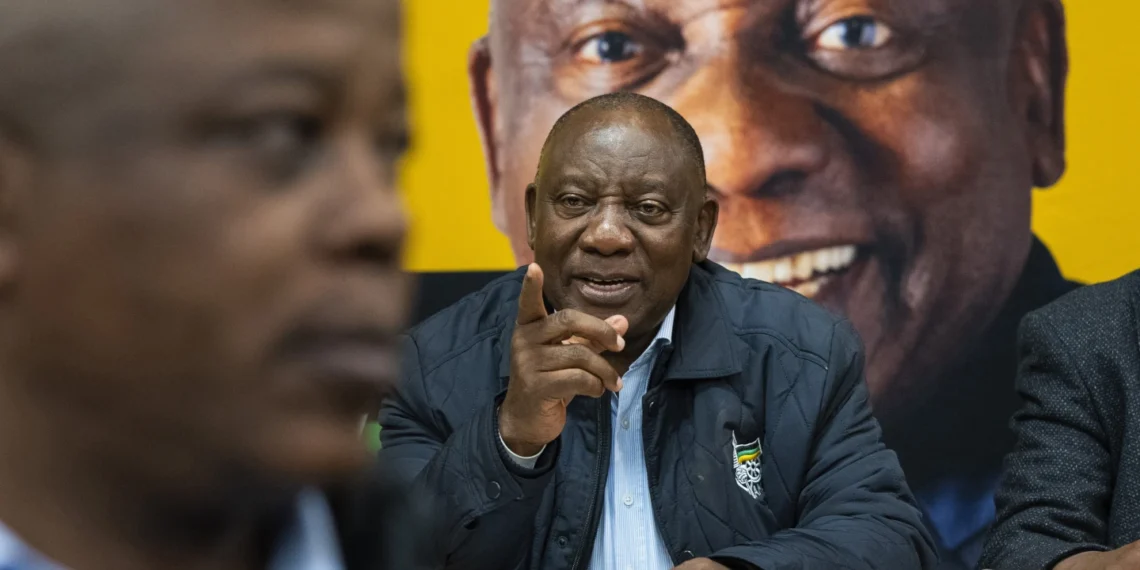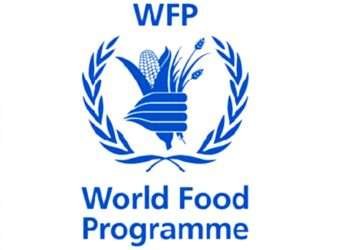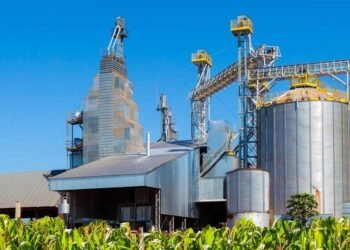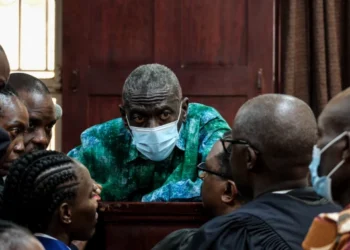South Africa’s lawmakers are set to elect the nation’s president on Friday, June 14 following the inauguration of the new Parliament.
This pivotal first sitting will also reveal the nature of the unity government the African National Congress (ANC) has pieced together after losing its majority for the first time since 1994.
The session will not only determine the country’s new president but also elect a new speaker and deputy speaker of Parliament.
These positions will be influenced by the intense negotiations between the ANC and various opposition parties since the declaration of election results nearly two weeks ago.
With a constitutional mandate to swear in lawmakers and elect the president within 14 days post-election, political parties are under significant pressure to finalize negotiations by Thursday, June 13.
The ANC, which secured 40% of the national vote in a fiercely contested election, is striving to establish a national unity government inclusive of most political parties rather than forming a traditional coalition with a select few.
The Democratic Alliance (DA) followed with just over 21% of the vote, and the newly formed uMkhonto weSizwe Party (MK) captured around 15% in its debut election.
Initial talks have exposed the deep-seated divisions among South Africa’s political factions, with some rejecting the proposed unity government outright, while others have agreed to participate.
The ANC’s national executive committee, the party’s highest decision-making body outside of conferences, will meet in Cape Town on Thursday to finalize these agreements and subsequently make an announcement.
IFP Joins ANC-Led Unity Government
On Wednesday, the Inkatha Freedom Party (IFP), the fifth-largest party with 3.85% of the vote, confirmed its decision to join the ANC-led national unity government.
The IFP also began coalition negotiations with the ANC and DA in KwaZulu-Natal, where the MK Party garnered the most votes.
“We will participate in the government of national unity for the sake of our country and for the sake of our people, who want life to continue with a stable government that will address their challenges.”
IFP president Velenkosini Hlabisa
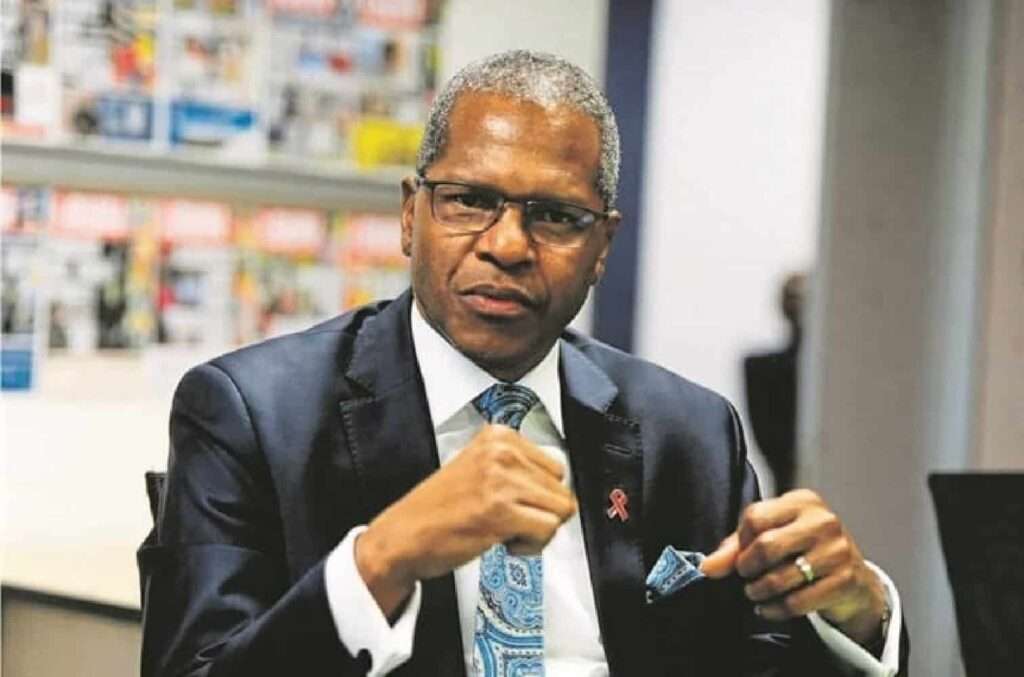
Despite the impressive performance of the MK Party, which has become a significant player only six months after its formation, it has opted out of the unity government and attempted to halt the parliamentary proceedings.
However, the Constitutional Court dismissed the MK Party’s application to prevent the chief justice from convening the first sitting, allowing the session to proceed.
The MK Party, disputing the election results and alleging widespread vote-rigging, has announced that its 58 elected lawmakers will boycott the sitting.
The South African Constitution requires only one-third of Parliament’s 400 lawmakers to be present for a quorum and for the presidential vote to proceed. The nation’s Independent Electoral Commission and international observers have declared the election free and fair.
As Thursday’s deadline looms, a significant rift between the DA and the Economic Freedom Fighters (EFF), the fourth-largest party, remains unresolved.
The leftist EFF has firmly stated it will not join any government that includes the centrist DA, accusing it of being anti-Black and opposing policies addressing historical injustices, such as Black economic empowerment and land redistribution.
This ideological chasm underscores the animosity between the two parties, with the DA having previously declared the EFF as its principal rival.
The discord suggests that the ANC might be compelled to form a unity government excluding both the EFF and the MK Party, a scenario likely to be replicated in coalition governments at the provincial level, where the ANC also failed to secure a majority in several regions.
As such, the new political configurations and alliances forged in these critical negotiations will determine the direction of the country for years to come.

